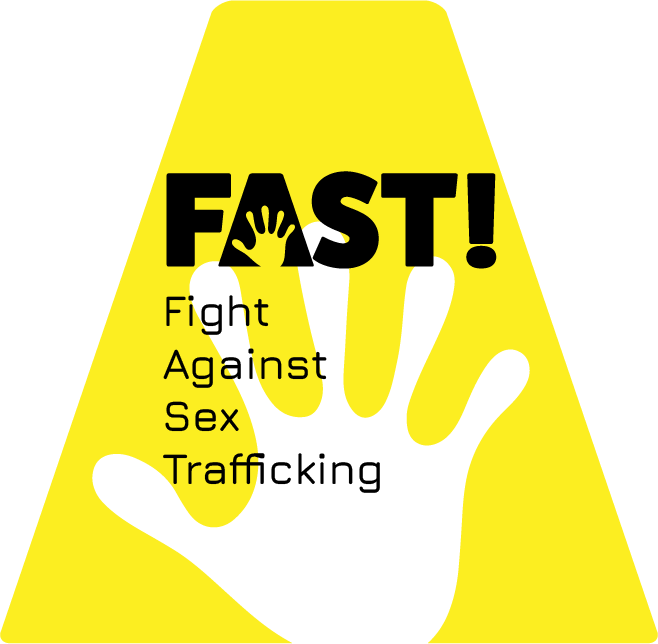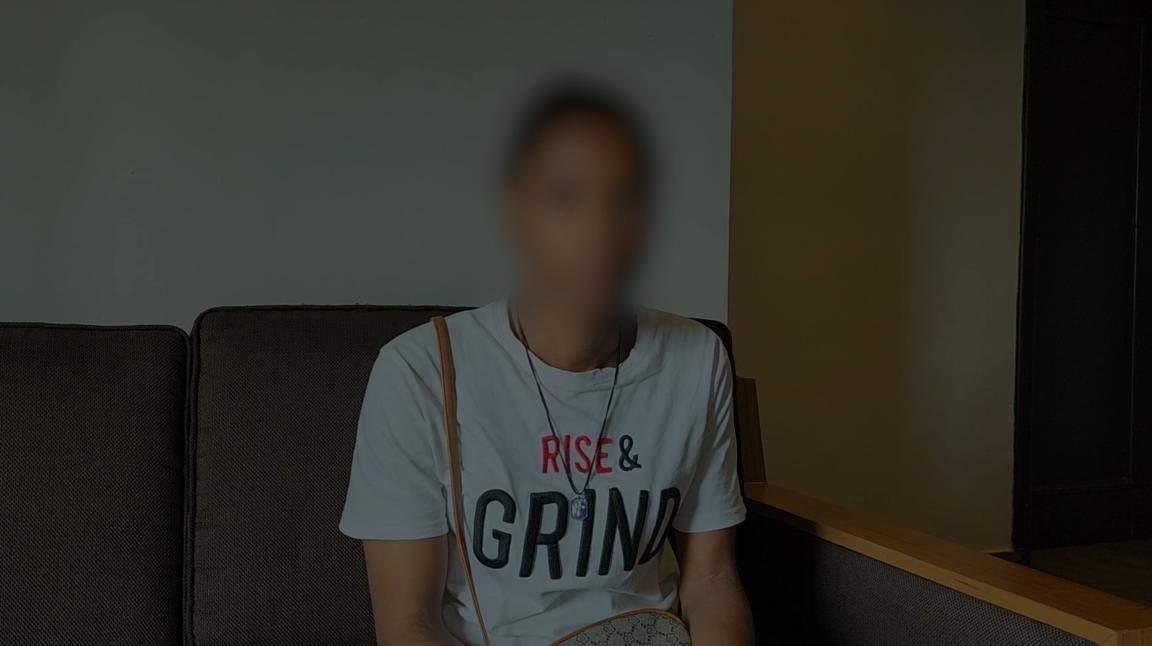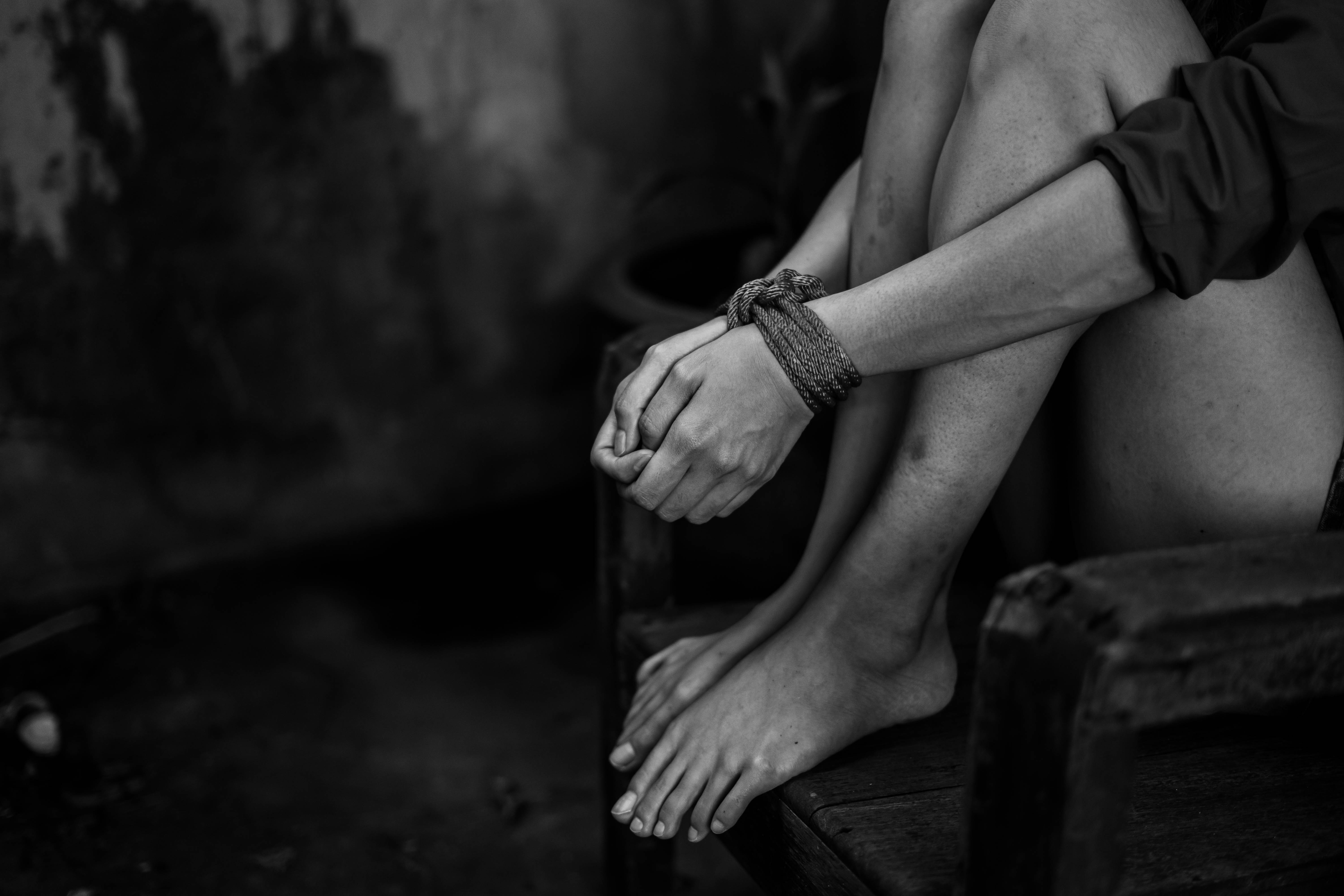Overcoming the Stigma Surrounding Sex Trafficking Survivors. Sex trafficking is a global problem that affects millions of women and girls each year. It is a form of modern slavery that involves the use of force, fraud, or coercion to exploit someone for sexual purposes. Sex trafficking is a violation of human rights and dignity, and it exposes victims to physical, psychological, and emotional harm. It is a grave concern worldwide. Victims are suffering not only from the traumatic experiences they endure but also from the stigmatization that follows. This combines with continuous revictimization in all aspects of their lives.
Sexual trafficking inflicts immeasurable harm upon its victims, often leaving deep scars that can last a lifetime. Access to protective measures, and support for survivors, it is equally important to shed light on another painful aspect they often endure: stigmatization. While the focus is rightly placed on addressing the crime itself through prosecution.
Victims of sexual trafficking are often subjected to stigmatization due to a range of societal factors and misconceptions. Society’s tendency is to blame and shame victims, viewing them through a lens of judgment and misunderstanding. This creates an additional layer of trauma for survivors already grappling with the aftermath of exploitation. They may face prejudice, discrimination, and isolation, compounding the challenges they face in their journey toward recovery. When returned to their country, they are ostracized by their communities, faced with the prospect of poverty. And this usually will end up being re-trafficked, due to lack of survival options.
Overcoming the Stigma Surrounding Sex Trafficking Survivors
Stigmatization takes an immense toll on survivors, hindering their healing process and reintegration into society. The fear of judgment and rejection often discourages victims from seeking help and support. This is leaving them trapped in a cycle of silence and suffering. Stigmatization also amplifies feelings of guilt, shame, and self-blame, exacerbating the psychological impact of their traumatic experiences.
This vicious cycle perpetuates a culture of silence and invisibility around sexual trafficking victims. This further marginalizes them from receiving the assistance and understanding they desperately need. It acts as a barrier to reintegration into society, discouraging victims from seeking help or accessing essential services, such as healthcare, legal aid, and rehabilitation programs.
The United Arab Emirates (UAE) has, over the years, seen significant socioeconomic development and become a multicultural hub attracting a diverse workforce from across the globe. However, one concerning issue that continues to persist in the shadows is trafficking for sexual exploitation. More worrying is the stigmatization that victims of this hideous crime face in the UAE. Despite the claims that “the country was committed to combating the phenomenon of human trafficking and all practices associated with it which are not compatible with lofty human principles and values, as they constitute an insult to legitimate human rights and dignity.”
UAE ignored its identification and referral mechanism for victims
However, UAE ignored its identification and referral mechanism for victims. Which, according to the US State Department TIP Report resulted in the penalization of some potential victims and rendered others without care, especially those arrested for engaging in commercial sex. Furthermore, the cultural context within the UAE, where issues surrounding sex are considered taboo, creates the environment for deterring any support or open discussion aimed at a proactive identification and support provided to victims of sexual exploitation, which are undoubtedly labeled as “prostitutes” by authorities and swiftly repatriated.
Addressing the stigmatization requires raising awareness and fostering empathy within UAE society. Education programs and awareness campaigns can play a crucial role in dispelling myths, challenging stereotypes, and promoting understanding and support for survivors. By humanizing their experiences and highlighting the complexities of sexual exploitation, we can encourage a more compassionate response. The pressing question that now arises is: Is the government prepared to acknowledge this glaring, obvious issue – a veritable white elephant – right before their eyes and tackle it with the requisite responsibility and humanity?
Photo: shutterstock.com;



